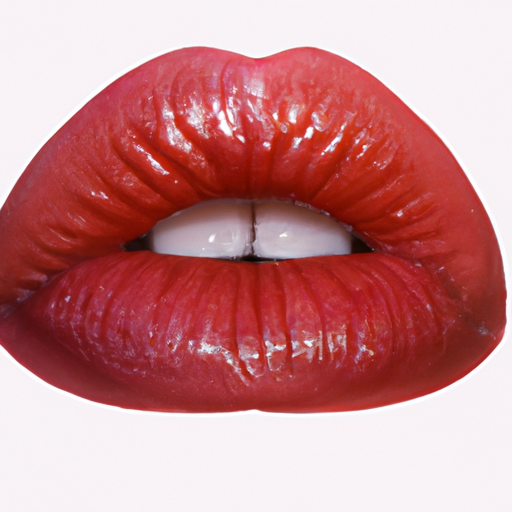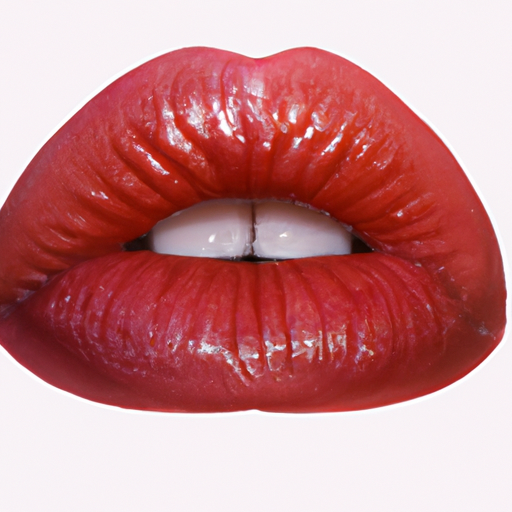As a dermatologist, I often encounter patients complaining about chapped lips. This common condition, known as cheilitis, is characterized by dry, cracked, or sore lips. While it may seem like a minor inconvenience, it can be a source of discomfort and even embarrassment for many. Understanding the hidden reasons behind your chapped lips is the first step towards finding an effective solution.
Firstly, let’s dispel the myth that chapped lips are only a winter problem. While it’s true that cold, dry weather can exacerbate the condition, chapped lips can occur at any time of the year and for a variety of reasons.
One of the most common causes is dehydration. The skin on your lips is thinner than the rest of your body and lacks oil glands, making it more susceptible to losing moisture. If you’re not drinking enough water or if you’re losing fluids through sweating or illness, your lips may become dry and cracked.
Another major culprit is habitual licking, biting, or peeling of the lips. These actions can strip away the natural oils that protect your lips, leaving them vulnerable to drying out. Moreover, saliva contains digestive enzymes that can break down the skin’s protective barrier, leading to further damage.
Certain medications and health conditions can also lead to chapped lips. For instance, drugs for acne, high blood pressure, or thyroid disorders can cause dryness in the mouth and lips. Conditions like diabetes and autoimmune diseases can also affect hydration levels and skin health, contributing to chapped lips.
Environmental factors play a significant role too. Exposure to wind, sun, and dry air can all rob your lips of moisture. Even indoor heating during winter can create a dry environment that leads to chapped lips.
Your skincare routine might be another hidden reason behind your chapped lips. Many lip balms and cosmetics contain ingredients like phenol, menthol, and salicylic acid that can dry out your lips. Additionally, using toothpaste with sodium lauryl sulfate can cause irritation and dryness.
Lastly, certain vitamin deficiencies, particularly B vitamins, can lead to dry, cracked lips. These vitamins play a crucial role in skin health, and their deficiency can manifest as chapped lips.
So, how can you combat chapped lips? The first step is to address the underlying cause. If you’re dehydrated, increase your water intake. If you’re constantly licking your lips, try to break the habit. Switch to lip balms and toothpaste without irritating ingredients. If you suspect that your medication or a health condition is causing your chapped lips, consult with your healthcare provider.
In addition to these measures, protect your lips from harsh environmental conditions by wearing a lip balm with SPF, using a humidifier indoors, and covering your lips with a scarf in cold, windy weather. Regularly exfoliating your lips with a gentle scrub can also help remove dead skin cells and promote healing.
In conclusion, chapped lips are more than just a seasonal nuisance. They are a sign that your lips are lacking the care and protection they need. By understanding the hidden reasons behind your chapped lips, you can take steps to prevent and treat this common condition. Remember, your lips are a part of your skin and deserve the same attention and care.




